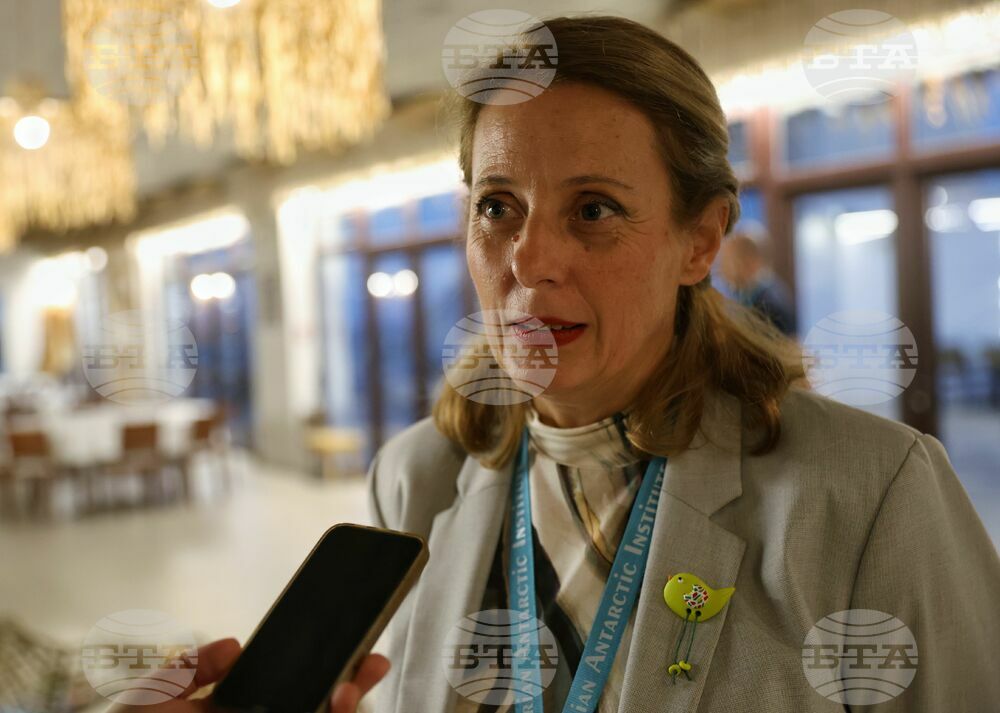site.btaMontenegro Plans to Study Microplastics Pollution in Antarctica as Part of Bulgarian Expedition


Montenegro plans to join the next annual Bulgarian Antarctic expedition and to expand cooperation with Bulgaria on the icy continent, BTA learned on Sunday in an interview with Vesna Macic of the Institute of Marine Biology in Kotor, who teaches at the University of Montenegro.
Macic was among the participants in the International Polar Conference for cooperation between the Balkan countries in the polar regions under the European programmes EUPolarNet-2 and POLARIN, held in Aheloy during the weekend. At the conference, the Bulgarian News Agency (BTA) presented the English-language version of an issue of its LIK magazine dedicated to the Bulgarian scientific achievements in Antarctica.
Macic said: "We are very grateful for the opportunity. Even if we can't go now, it has been a wonderful opportunity for us to be a part of the conference in Bulgaria. Over the course of two days, I have learned a lot about various possibilities, programmes and cooperation prospects, so I am certain that we will manage to expand our partnership." She said she hopes to be able to take part in the forthcoming Bulgarian Antarctic expedition.
She said the project she would work on remains to be specified. Her field of research is the ocean floor. "But we will probably combine research of the ocean floor, the water and the microorganisms for microplastics, because this, and pollution, are among the biggest issues. Back at home, we are already analyzing microplastics in the Adriatic Sea, and it would be good to combine our research with research by other countries. I think it will be useful if we provide information on the pollution of Antarctica's water and sediment levels, and perhaps the water organisms," Macic said.
Several scientists in Montenegro are interested in the possibility to explore Antarctica, she noted. Some of them are engaged in fish research, while others are working in the field of chemistry. Macic intends to talk to them after returning from Bulgaria. The main problem for some is the long absence from home. "This is an important matter which should be taken into account," Macic commented.
She fears that there is not much time to prepare for the next Bulgarian Antarctic expedition, because if she is to leave in November, Montenegro should do some hard work for her. "The logistics part is not easy at all," the scientist said. "I could take along some of the necessary devices, but there is other equipment which cannot be transported by airplane. We need to decide what is feasible in the foreseeable future."
"We have been told about the nature of the projects which could give countries like Montenegro access to equipment in Antarctica. I hope we can apply next time with new projects," Macic said.
/VE/
news.modal.header
news.modal.text